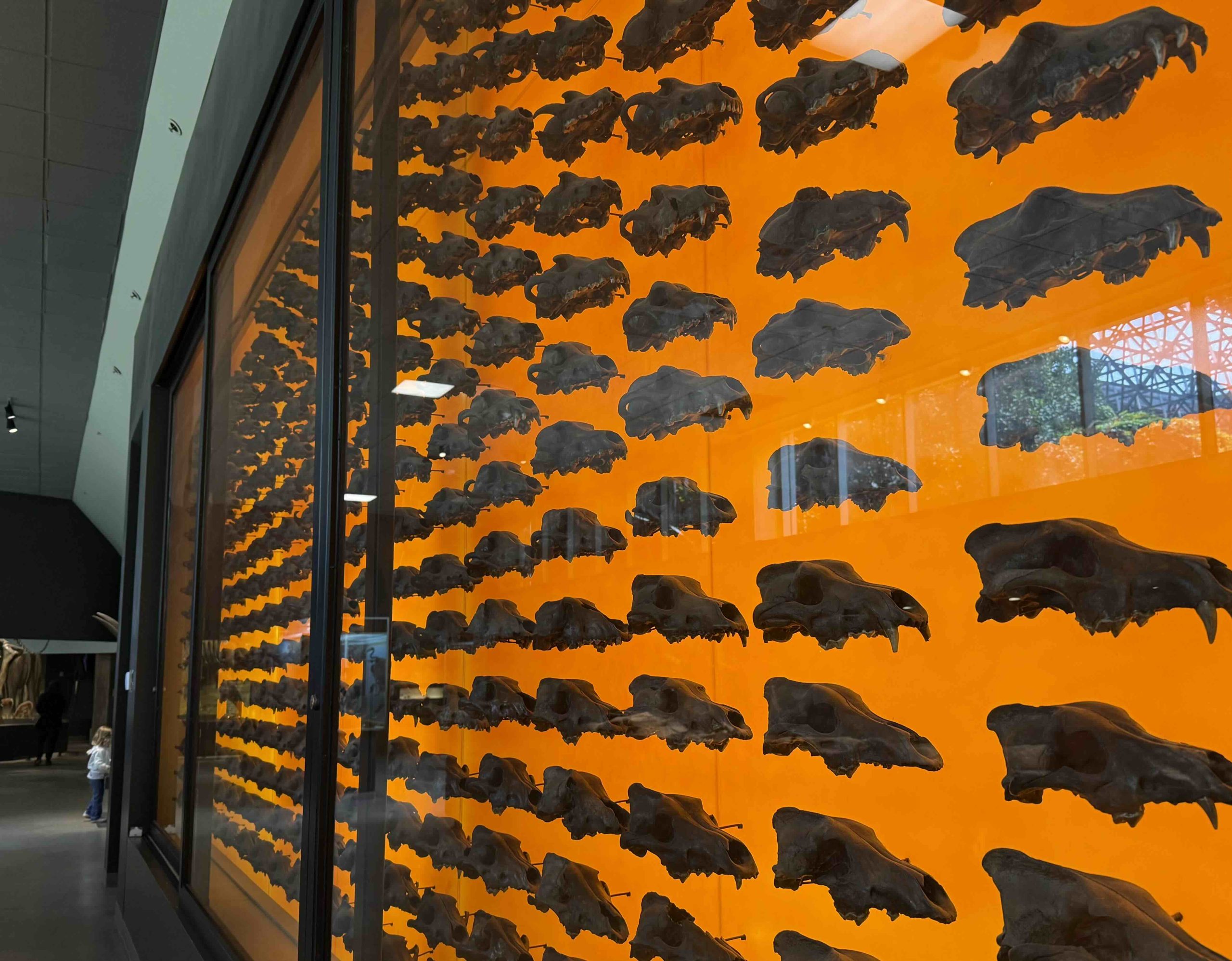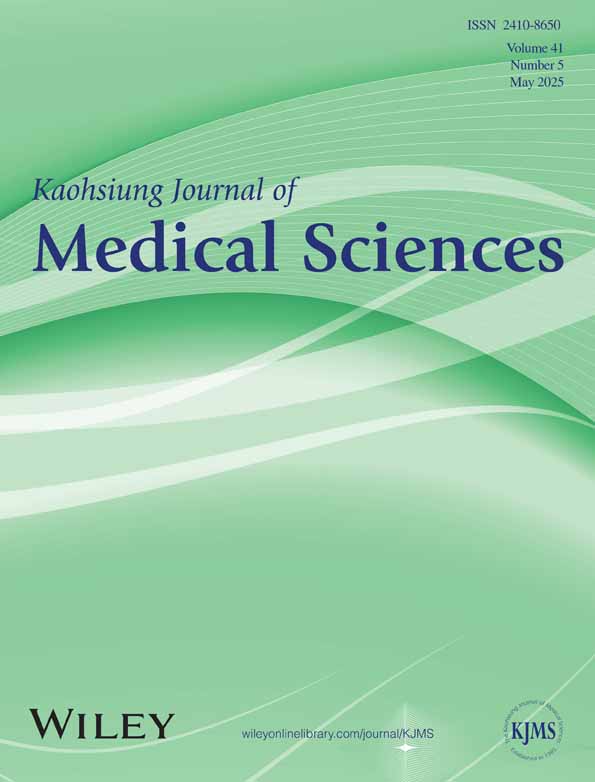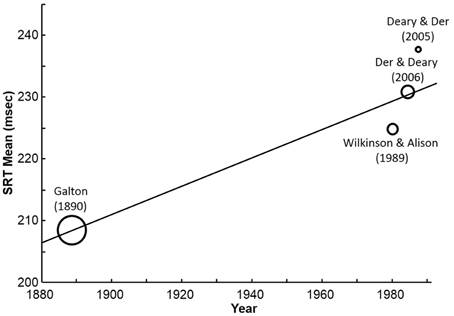I have never fallen into quicksand, but like most people, I have been anxious about it at least several times in my life. You have too, right? It’s a real thing — you can be sucked down into the soft liquefied Earth unexpectedly, on hikes or on random walks. One of my friends fell into quicksand in Utah, and she is always prepared, so she knew exactly what to do: move your legs slowly and deliberately, in small, tightly controlled steps. Lay down to spread out your weight. Though it’s counterintuitive, get closer to the ground that is consuming you.…
-
-
A new study has provided fresh insights into how animals such as the woolly mammoth, musk ox and arctic fox evolved to survive the cold during the ice age. A team of palaeontologists and palaegeneticists studied ancient fossil and DNA evidence for the nature and timing of changes animals and plants in the Northern Hemisphere. They have shown that cold-adapted animals started to evolve 2.6 million years ago when the permanent ice at the poles became more prevalent. There followed a time when the continental ice sheets expanded and contracted and around 700,000 years ago the cold periods doubled in…
-
Clarivate will no longer include citations to and from retracted papers when calculating journal impact factors, the company announced today. The change comes after some have wondered over the years whether citations to retracted papers should count toward a journal’s impact factor, a controversial yet closely watched metric that measures how often others cite papers from that journal. For many institutions, impact factors have become a proxy for the importance of their faculty’s research. Retractions are relatively rare and represent only 0.04% of papers indexed in Clarivate’s Web of Science, according to the announcement. But the overall retraction rate has…
-
Imagine trying to cope with a pandemic like COVID-19 in a world where microscopic life was unknown. Prior to the 17th century, people were limited by what they could see with their own two eyes. But then a Dutch cloth merchant changed everything. His name was Antonie van Leeuwenhoek, and he lived from 1632 to 1723. Although untrained in science, Leeuwenhoek became the greatest lens-maker of his day, discovered microscopic life forms and is known today as the “father of microbiology.” Visualizing ‘animalcules’ with a ‘small see-er’ Leeuwenhoek opened the door to a vast, previously unseen world. J. Verolje/Wellcome Collection,…
-
The expression of symptoms of viral infections is a byproduct of complex virus-host molecular pathways. These remain largely unknown, especially in the case of fungus-virus pathogen systems. Fungal antiviral responses involve three known mechanisms: RNA interference (RNAi), a post-transcriptional mechanism that inhibits viral replication; transcriptional reprogramming; and recognition of self versus non-self, which limits cell-to-cell transmission of viruses within fungi. While many fungal viruses (mycoviruses) cause asymptomatic infections in their hosts, the mechanisms underlying the induction or suppression of symptoms are not well understood. Several genetic studies have attempted to explore the fungal factors involved in antiviral responses, but the…
-
Spaced repetition is a memory hack. We know that spacing out your study is more effective than cramming, but using an app you can tailor your own spaced repetition schedule, allowing you to efficiently create reliable memories for any material you like. Michael Nielsen, has a nice thread on his use of spaced repetition on twitter: The use of spaced repetition memory systems has changed my life over the past couple of years. Here’s a few things I’ve found helpful: — Michael Nielsen (@michael_nielsen) January 28, 2018 He covers how he chooses what to put into his review system, what…
-
We write plenty of stories about lengthy investigations and long wait times for retractions. So we are always glad when we can highlight when journals act in a relatively timely fashion. The Kaohsiung Journal of Medical Sciences, published by Wiley on behalf of Kaohsiung Hospital in Taiwan, seemed to exhibit some urgency after a sleuth raised concerns in December 2024 about a 2019 paper with problematic figures. The sleuth, who has asked us to remain anonymous but goes by “Mitthyridium jungquilianum” on PubPeer, had pointed out similarities between the 2019 paper and another article by different authors, published in Oncotarget in…
-
When I pull into the boat ramp parking lot, it’s just after midnight. It should be deserted. Nobody goes night boating. But my headlights illuminate a red sedan parked hood to the woods. I can’t tell if it’s occupied. The windows are dark. My brain tries to make it make sense. You can’t pull a boat with a sedan. Teenage lovers? A person taking a night hike? Murderer? I park a couple of spots away and debate my next step. I have driven three hours north into an area that a light pollution map promised would be dark. I’m here…
-
A new international study led by researchers at Tulane University shows that the El Niño and La Niña climate patterns affect nearly half of the world’s mangrove forests, underscoring the vulnerability of these vital coastal ecosystems to climatic shifts. Mangroves are shrubs or trees that grow in dense thickets mainly in coastal saline or brackish water. The research, published in Nature Geoscience, isbased on nearly two decades of satellite data from 2001 to 2020 and is the first study to demonstrate global-scale patterns in how El Niño-Southern Oscillation (ENSO) influences mangrove growth and degradation. Previously, impacts had only been documented…
-
Psychologists have been measuring reaction times since before psychology existed, and they are still a staple of cognitive psychology experiments today. Typically psychologists look for a difference in the time it takes participants to respond to stimuli under different conditions as evidence of differences in how cognitive processing occurs in those conditions. Galton, the famous eugenicist and statistician, collected a large data set (n=3410) of so called ‘simple reaction times’ in the last years of the 19th century. Galton’s interest was rather different from most modern psychologists – he was interested in measures of reaction time as a indicator of…







